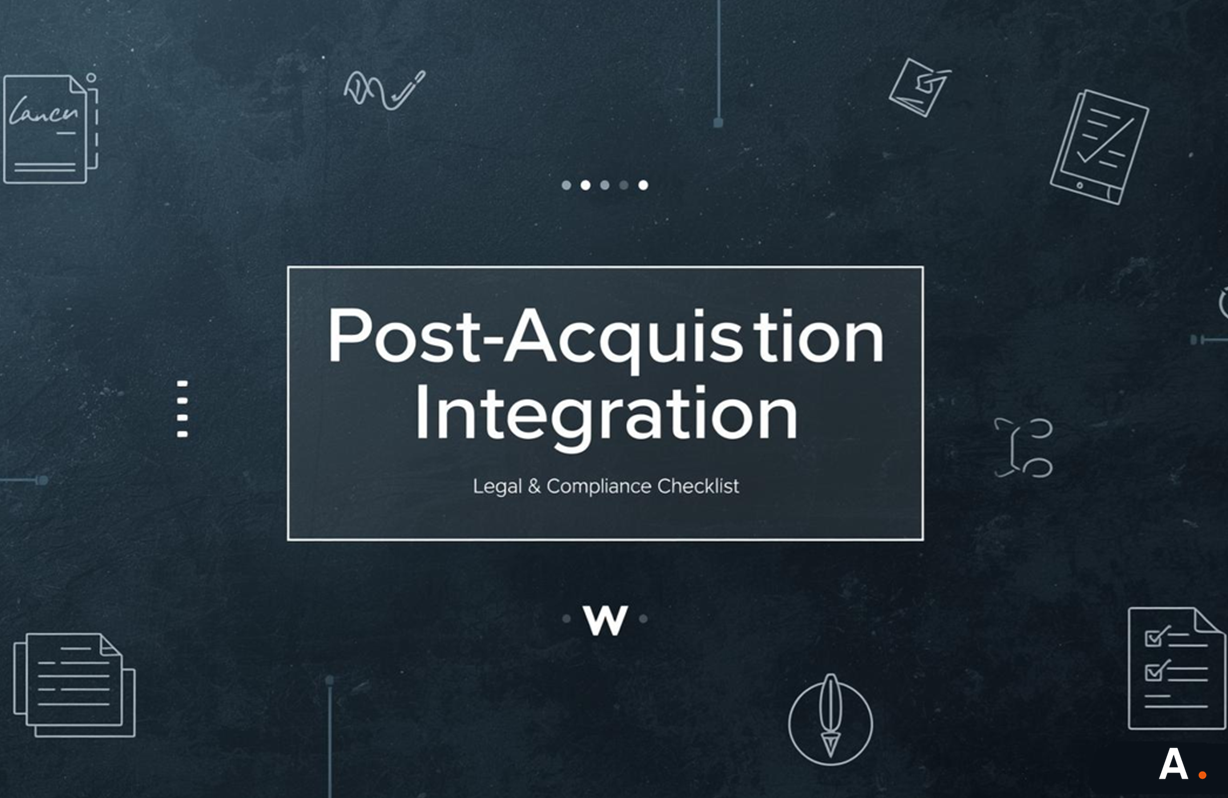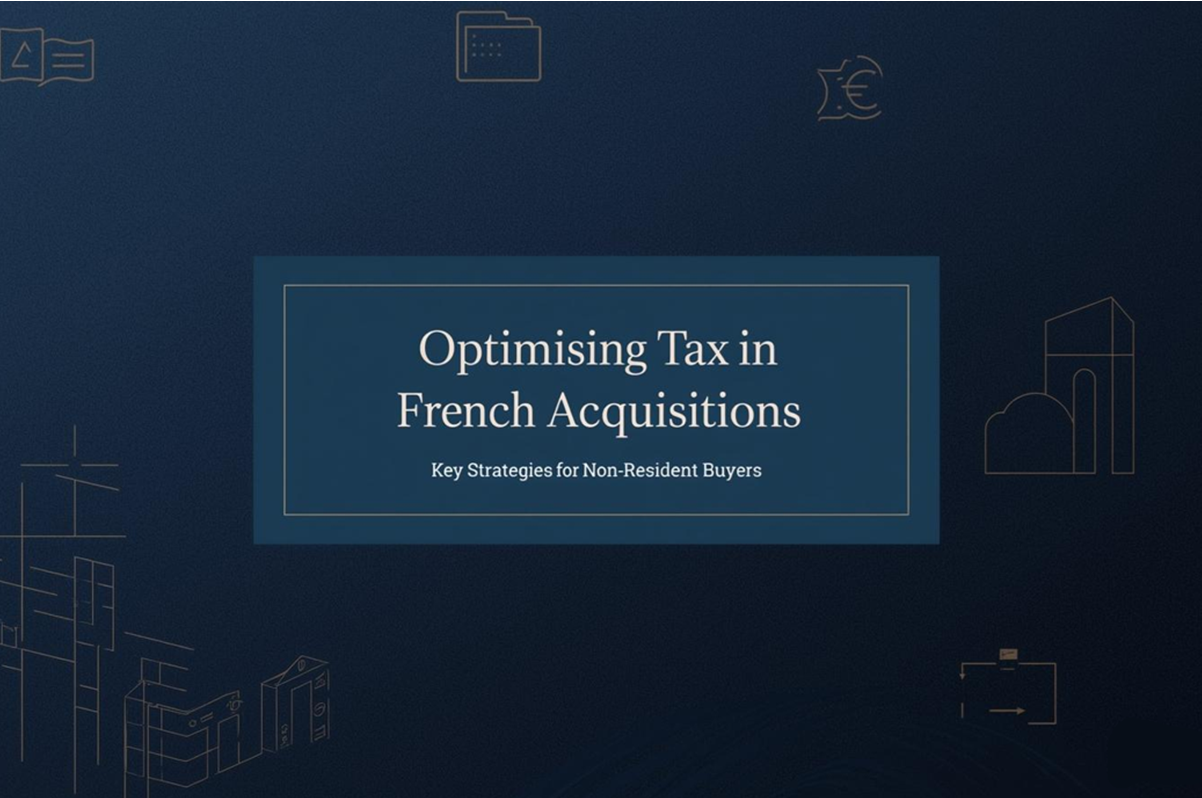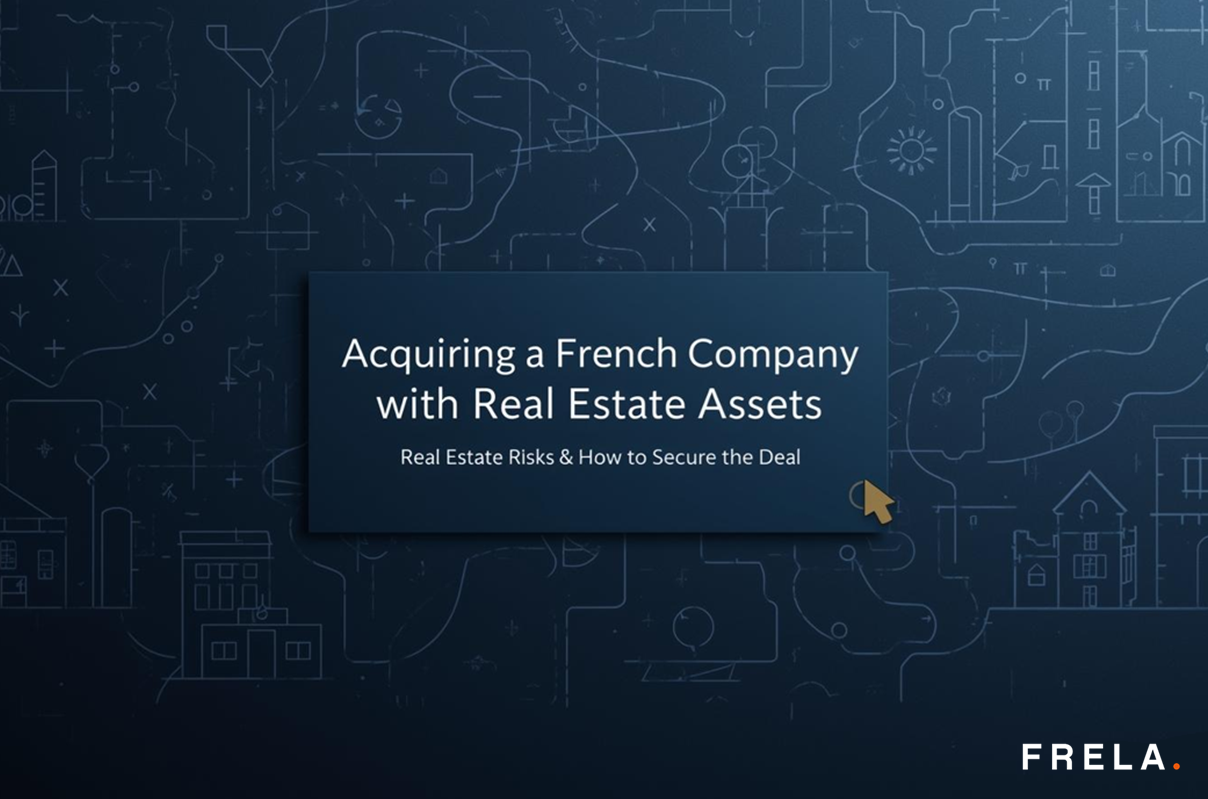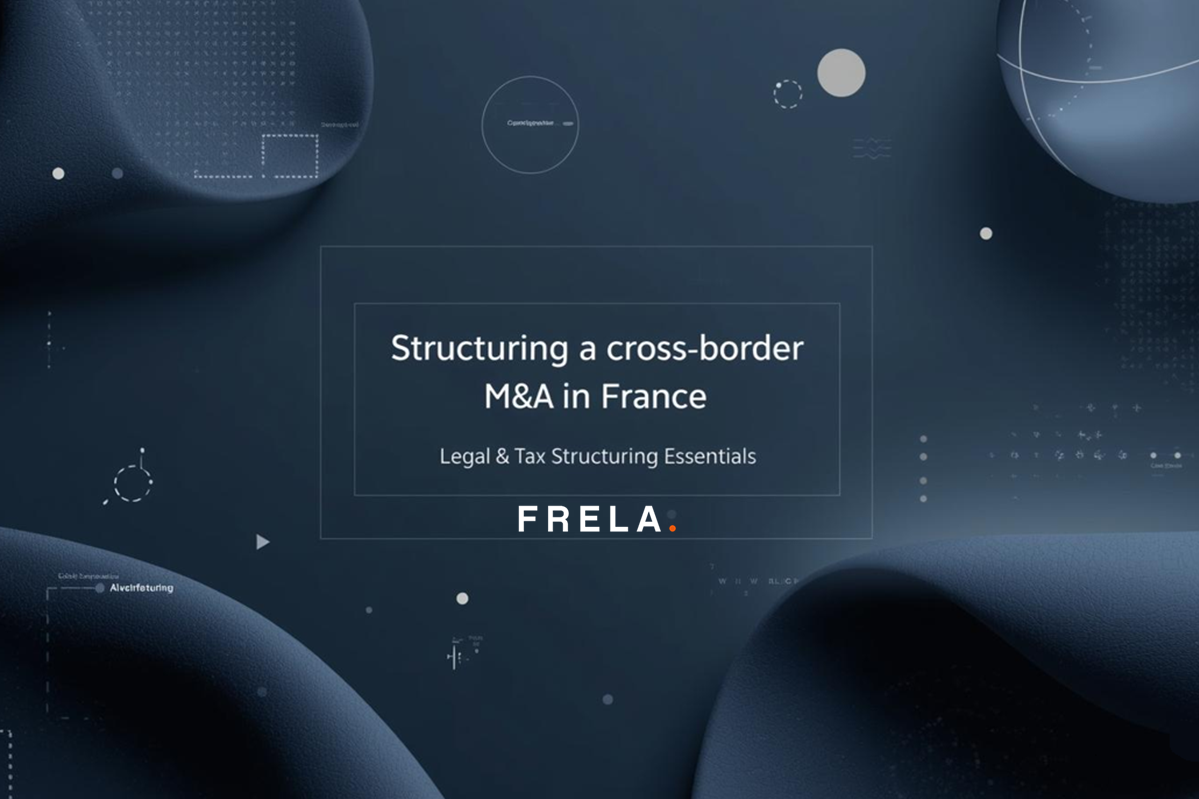French vineyard, an occasion out of every investment
Being considered as an investment in “Patrimoine”, its prices are lower than those for property. Nevertheless, foreign investors only hold about nearly 2% of the French vineyards, most of them being based in Provence and Bordeaux.
Before buying a French vineyard, some formalities are demanded: satellite surveys, checking the winery for contamination, examining the vines for viruses, pre-emption rights should be ascertained, and an application should be sent to the Chamber of Agriculture to get an authorization to farm.
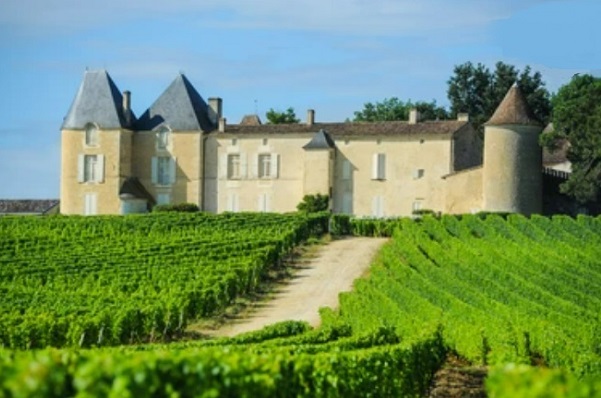
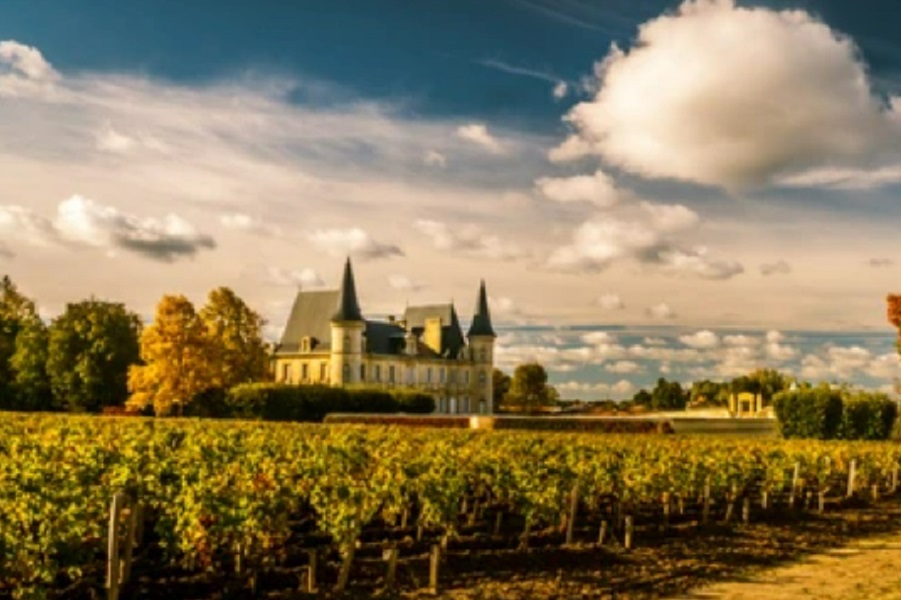
What budget do you have for using your vineyard property?
Once you own a French vineyard, you face some exploitation costs. The average cost, according to the Chamber of Agriculture, is 7,000 euros per hectare for grape harvesting and 2,000 euros per hectare for vinification (wine fermentation, bottling, and labeling). Add to these costs the commercialization of your bottles.
These are long-term investments, and to take advantage of some tax benefits, you must intend to retain your winery for at least 10 years.
The purchase of a vineyard is a safe long-term investment that ensures a return of between 1% and 4%. You can invest in a Groupement Foncier Viticole (GVF) if you don’t have the funds to buy a vineyard on your own.
What financial advantages result from purchasing a vineyard property?
The value of your investment is not included in the calculation of your tax on Real Estate Fortune (IFI) if you establish a rental lease for your vineyard for a period of at least 18 years. If you chose a GFV, the total value of the land will only be assessed to the IFI at a rate of 25% up to 101 897 €, and at a rate of 50% over this amount after two years of placement. In addition, your heirs benefit from the same tax conditions if you donate or pass on your estate, with a maximum exoneration of 75% of your inheriting rights.
What marketing and manufacturing guidelines must be mastered to guarantee optimum profitability?
As environmental protection advances and organic and biodynamic wines become more prevalent, the wine industry is evolving and facing new problems. This scenario poses legal concerns that a buyer should carefully weigh. So, mastering the legal and financial restrictions surrounding the transfer and transmission of patrimony in the case of winery, is crucial for obtaining good results and taking informed decisions.
1) Preparatory phase of verification:
- Quality and regulatory audit:
This audit is performed by an oenologist. It is highly advised in addition to the standard due diligence mentioned in our previous articles. It helps certify the quality of the property: quality of production, its vineyard plot, compliance with the rules specific to the vineyard (AOC, and grape varieties).
- Property and environmental audit:
The degree of acquisition and compliance with environmental regulations will be confirmed by a real estate and environmental audit. Air pollution; wine effluents, and many other specifics will be checked at this point.
- Trademark and distinguishing sign audit:
This audit inventors the trademarks used, or registered by the farmer. It confirms its compliance with the relevant labeling regulations.
2) The acquisition’s organizational structure:
Several possibilities for arranging the acquisition will be made available when the buyer’s interest has been confirmed, taking into account the financial tax, and patrimonial stakes of the buyer. Some plans enable the operation’s profitability to be maximized while promoting the search for capital or the transfer of assets. The acquisition might concern either real estate or movable assets of the wine estate. The interest would be not to take over the liabilities related to the operation of the previous owner. For this operation, and in most of the cases, a permit to operate under control of agricultural structures and the approval of the land development and rural establishment company (SAFER), are requested. Another option would be to purchase the securities of the company in charge of the agricultural estate and owning the property. Very often, the wine estates are separated from the land legacy, through an operating company and another company holding the land heritage (GFA). In this instance, only the transfer of the titles of the legal entity in which the land assets are housed (GFA) will be subject to the authorization of the control of agricultural structures and the right of pre-emption of the SAFER. Depending on the chosen structure, the legal documentation will organize the modalities of the transfer of ownership of the wine estate between the parties: conditions for its financing, asset guarantee, liabilities, and price supplements, etc.
If buying a wine estate is on your list of projects, Decade’s professionals are here to assist you find the perfect home, the castle that fits your needs. For further information, and to enroll in our securing process, do not hesitate to contact Mr. Benoît LAFOURCADE.
About the Author :
Business lawyers, bilingual, specialized in acquisition law; Benoit Lafourcade is co-founder of Delcade lawyers & solicitors and founder of FRELA; registered as agents in personal and professional real estate transactions. Member of AAMTI (main association of French lawyers and agents).
FRELA : French Real Estate Lawyer Agency, specializing in acquisition law to secure real estate and business transactions in France.
Paris, 19 Rue du Colisee, 75008 Paris
Bordeaux, 24 Rue du manège, 33000 Bordeaux
Lille, 40 Theater Square, 59800 Lille

This article is provided for general information only and may not reflect the most recent legal or tax developments. It does not constitute legal advice. Please contact us for personalised guidance before making any decision.

